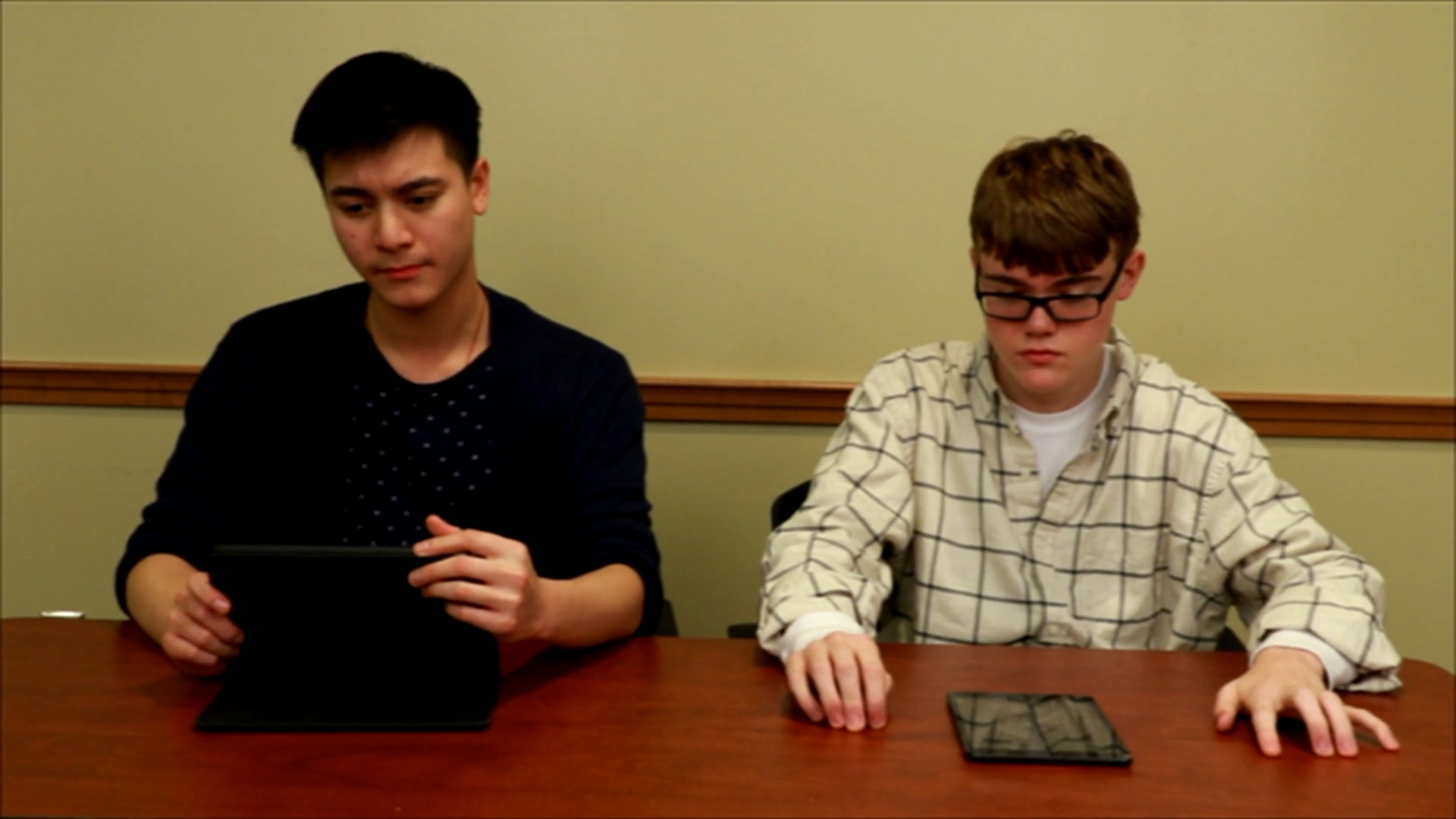
Introduction
In everyday interactions, we often encounter situations where telling a white lie can spare someone’s feelings. A white lie is a small untruth that is told to avoid hurting someone’s feelings or causing them distress. In this blog post, we will discuss the concept of white lies and their place in social-emotional learning. We will also provide a no-prep activity, discussion questions, related skills, and information on how to access free sample materials to further explore this topic with your middle school students.
No-Prep Activity: The White Lie Role-Play
This activity requires no preparation or materials from the educator. Have students pair up and take turns playing the roles of two friends in various scenarios where one friend must decide whether to tell a white lie or the truth. Here are some example scenarios:
- Friend A shows Friend B their new haircut, which they are excited about. Friend B doesn’t like the haircut.
- Friend A tells Friend B about a movie they loved, but Friend B didn’t enjoy the movie at all.
- Friend A shares their excitement about joining a new club at school, but Friend B doesn’t find the club interesting.
After each scenario, have the pairs discuss how the white lie impacted the interaction and how it compares to telling the truth. This activity helps students practice empathy and understand the importance of considering others’ feelings in social situations.
Discussion Questions
- When is it appropriate to tell a white lie, and when is it better to be honest? What factors should we consider?
- How can telling a white lie help maintain positive relationships with friends and classmates?
- Can you think of a situation where you told a white lie or heard one from someone else? How did it affect the interaction?
- What are some potential drawbacks of telling white lies? Can they sometimes cause more harm than good?
- How can we balance honesty and empathy when communicating with others?
Related Skills
Understanding white lies and their role in social-emotional learning is just one aspect of developing strong communication and interpersonal skills. Other related skills that students can benefit from include:
- Active listening: Paying close attention to what others are saying, and responding appropriately.
- Empathy: Putting oneself in another person’s shoes and understanding their feelings and perspectives.
- Conflict resolution: Addressing disagreements and finding solutions that are fair and satisfactory for all parties involved.
- Assertiveness: Expressing one’s feelings, needs, and opinions in a respectful and confident manner.
Next Steps
If you’re interested in exploring the concept of white lies and other social-emotional learning skills further, we encourage you to sign up for free samples of our skill-building materials at Everyday Speech. Our resources can help you engage your middle school students in meaningful discussions and activities that promote empathy, effective communication, and positive relationships.

